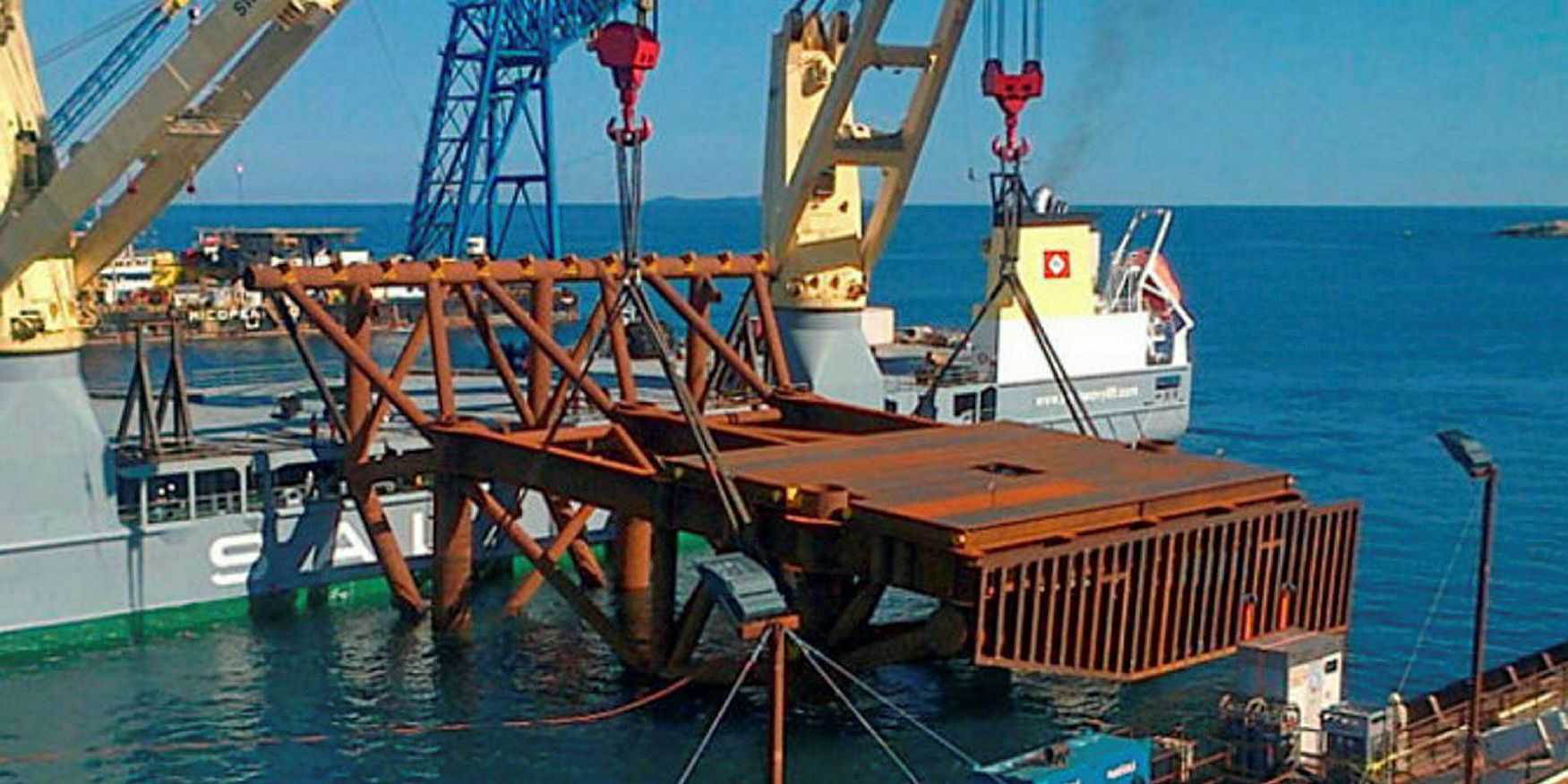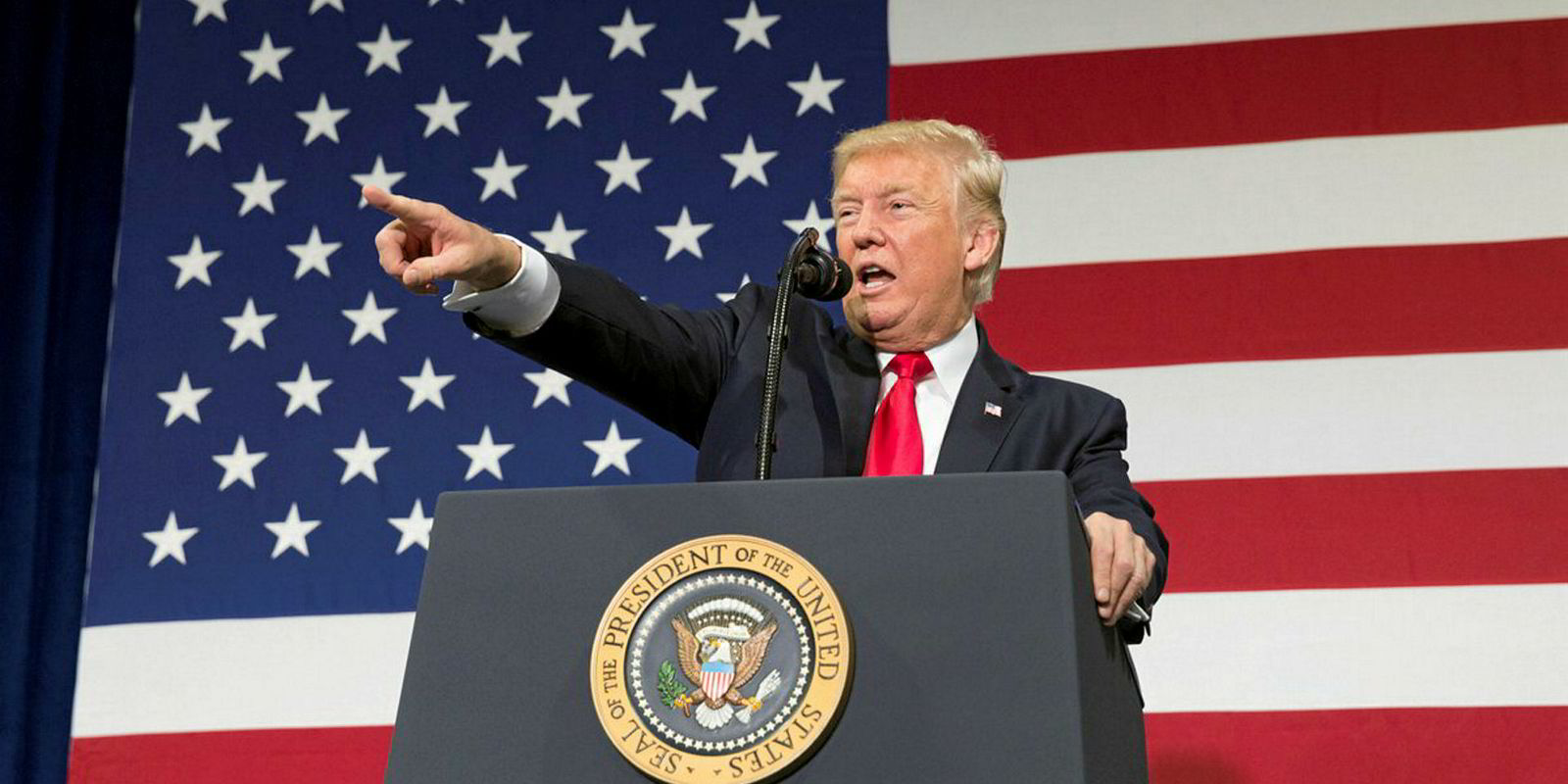Legislation making its way through Congress could have a damaging impact on future US offshore oil and gas projects.
The Coast Guard Authorization Act of 2019 could prohibit foreign-flag heavylift crane vessels capable of hoisting 1,000 tonnes from performing the cargo-laden short movements necessary to build offshore. Unless waivers can be obtained, that could scuttle new projects.
“For a few years now, since at least 2012, there has been some confusion in the industry about short movements, or what people would consider de minimis movements, of heavylift vessels,” said Washington-based maritime lawyer Charlie Papavizas, a partner at Winston & Strawn.
“Why not just use US heavylift vessels? There weren’t any.”
The Jones Act, the century-old cabotage law mandating that all cargo transported between domestic ports is done on US-owned, crewed and built ships, covers heavylift crane ships.
On offshore projects, those highly specialised vessels lift equipment off barges and transport them the last mile to the site for installation. Offshore oilfield operators carry out the work for safety purposes, sometimes at the behest of the federal government, but it is a technical violation of the Jones Act.
The bill before the House of Representatives, expected to clear Congress in the autumn, requires the Department of Transportation to find out whether there are any Jones Act-compliant vessels capable of such lifts before giving the go-ahead to foreign ones.
The process would probably hold up offshore projects or make them much more expensive — and, the oil and gas industry argues, lead to fewer wells. With fewer wells, there would be less work for ships covered by the Jones Act, such as offshore support vessels and platform support vessels.
Owners of those vessels say the sector is showing signs of life after a multi-year downturn.
“[Oil and gas feels] this will be an impediment, and an unnecessary one,” Papavizas said.





